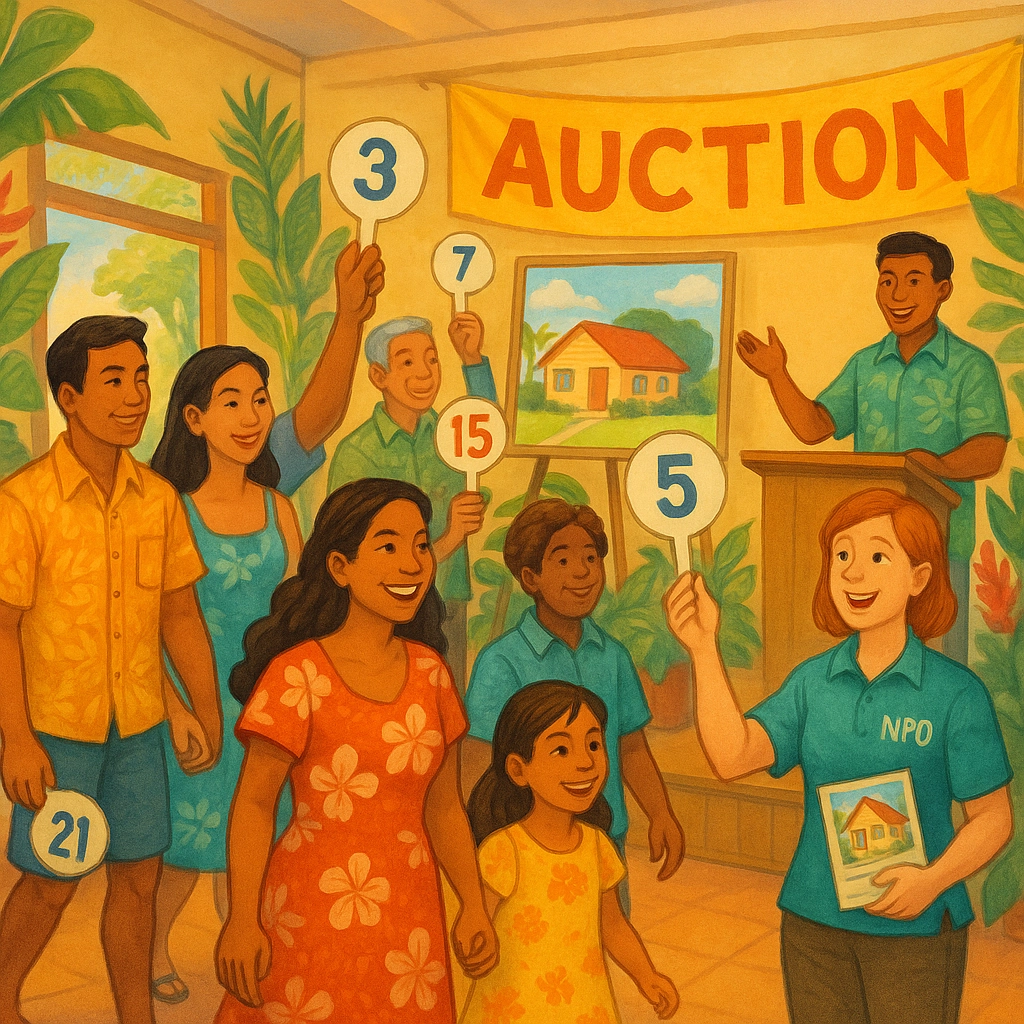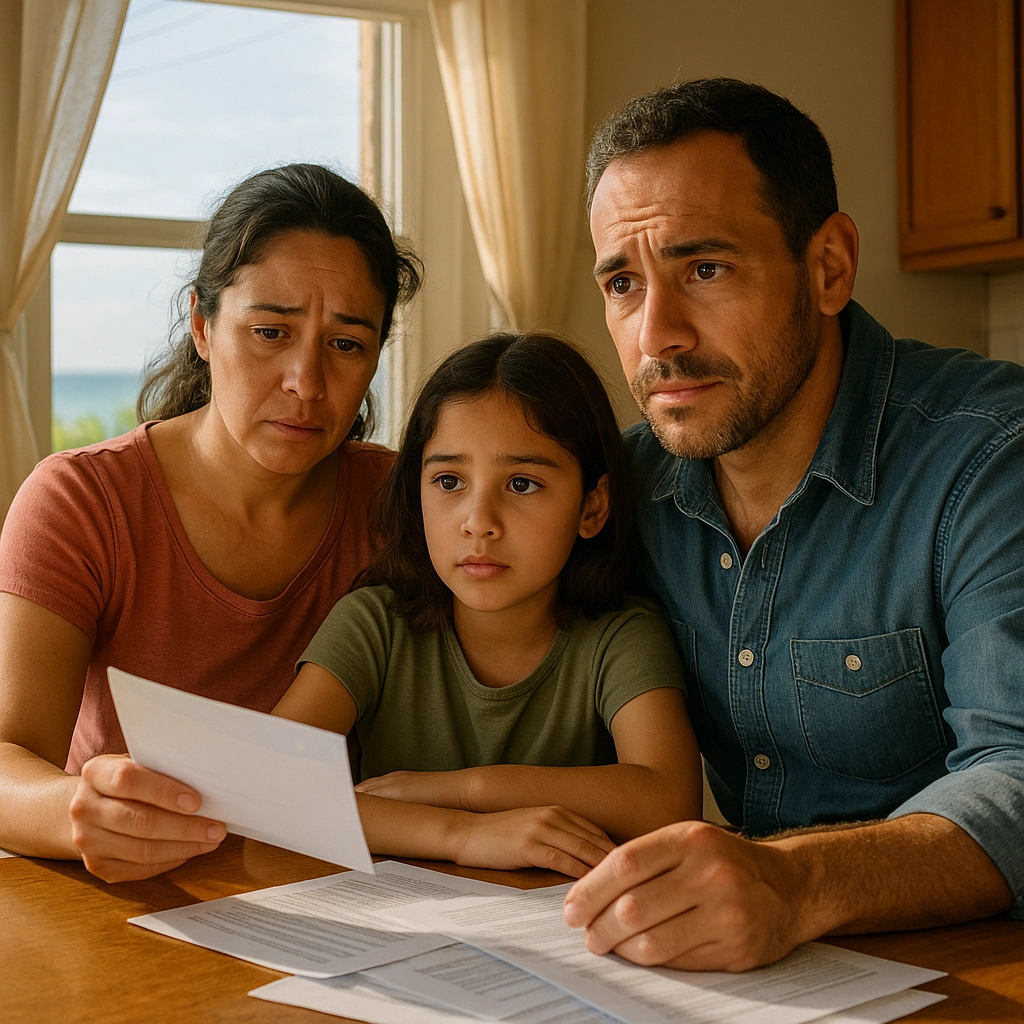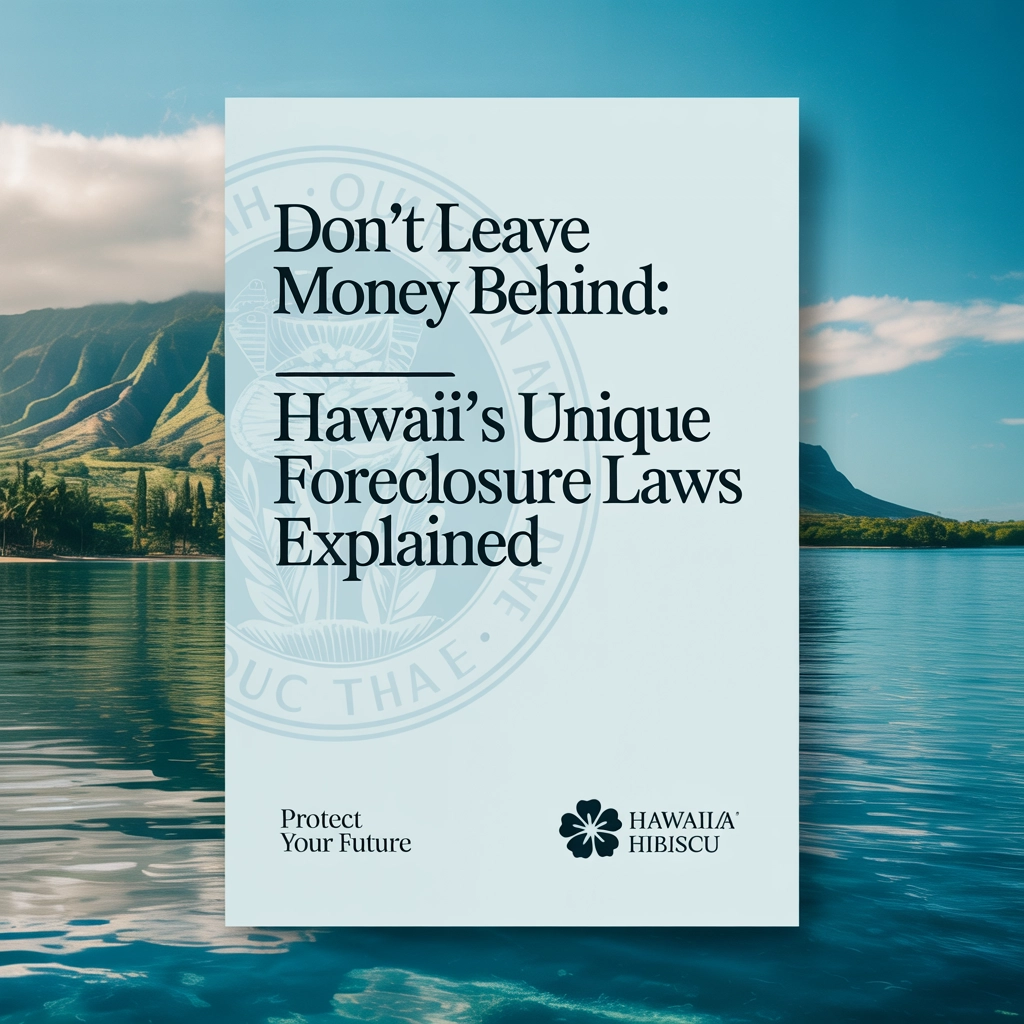Aloha, Homeowners: Hawaii’s Foreclosure Laws Are Different
If you own a home in Hawaii or know someone dealing with foreclosure, you’ve probably heard stories about how things work a little differently here. It’s true! Hawaii’s unique laws give homeowners, tenants, and local nonprofits extra protections—and if you know how the process works, you might be able to recover funds you never knew were yours.
Let’s break down what makes Hawaii’s foreclosure laws unique, what’s changed in 2025, and how you can protect yourself and your ohana from leaving money behind.
The Nation’s Longest Foreclosure Timeline—What Does That Mean for You?
It’s not just a rumor: Hawaii really does have the nation’s longest average foreclosure timeline. In fact, the process takes about 2,589 days—that’s over seven years!
Why is it so long?
- Multiple legal steps
- Court backlogs
- Specific protections for homeowners and tenants
- Unique rules about how homes are sold
For local families, this timeline isn’t just a statistic. It means more time to seek help, find a solution, or even recover funds you’re owed after foreclosure.

How This Impacts Homeowners
- More time to act: You have extra months (or even years) to resolve things before a foreclosure is finished.
- Opportunity to recover surplus funds: After the auction, if the sale brings in more than you owed, that extra money—the “surplus funds”—belongs to you.
- Communities benefit: Nonprofits and local agencies often get a chance to buy properties, keeping homes in local hands.
New for 2025: Hawaii’s Latest Law Changes
The landscape changed in July 2025 with updates to Hawaii’s non-judicial foreclosure process. Here’s what’s new and why it matters:
No More Bundling of Homes
Before: Banks could sell several foreclosed homes as a batch to a single buyer.
Now: Every home must be sold off separately at public sale, unless your deed says otherwise.
Why? This makes it harder for big investors (many from the mainland) to snap up large groups of properties and helps keep homes available for local families.
Say Hello to the “Extended Bidding Period”
A huge win for Hawaii:
- After a public foreclosure sale, the sale isn’t final right away.
- An eligible buyer (like a tenant, nonprofit, or government agency) has 15 to 45 days to step in and match (or beat) the winning bid.
- If someone does, the sale goes to the highest eligible bidder, not just whoever showed up at auction.
This extended window gives locals and nonprofits a real shot at securing properties for families and affordable housing, rather than letting outside investors scoop them up.

Who Gets Priority—And Why That Matters
Hawaii’s laws protect more than just homeowners. Here’s who has priority in that extended bidding window:
- Current tenants: If you’re living in the property, you get the first shot to buy.
- Immediate family members: Keeping homes in the ohana takes priority.
- Local government or housing agencies: For affordable housing initiatives.
- Nonprofits & community land trusts: To prevent displacement and gentrification.
You don’t have to be an expert to take advantage of these rights—but it sure helps to have one on your side!
Understanding the Foreclosure Process (Without the Legal Jargon)
Hawaii might use big words, but here’s the simple breakdown:
Two Main Ways: Non-Judicial & Judicial Foreclosure
Non-judicial foreclosure (most common):
Happens outside of court, under specific state law (Chapter 667). There’s also Part I and Part II—some differences in steps, but both have those unique Hawaii protections.Judicial foreclosure:
Goes through the courts and can add even more time (and complexity) to the process.
No matter which way it happens, there are steps in place to protect you and your family.
“Upset Period” – Another Layer of Protection
At many foreclosure auctions, even after a bid wins, there’s a 10-day “upset period.” Here’s how that works:
- Highest bidder is announced at the auction.
- Anyone else can make a higher bid during the next 10 days.
- If that happens, the auction reopens.
This makes it tough for speculators to grab properties too easily—and it gives you or your family more hope if you’re still trying to save your home.

Renter & Previous Owner Protections
You’ve got rights—even after foreclosure:
- Tenants usually get 90 days to move out (longer if there’s a lease).
- Previous owners get 30 days’ notice
- Eviction is supervised: A sheriff can only step in after these time periods expire.
For many, that’s enough time to find a new place and plan your next steps. And if you’re unsure what your rights are, reach out for expert advice—don’t wait!
Financing & Auctions: Know Before You Go
Foreclosure auctions:
Almost always require a cash purchase. If you show up at an auction, make sure you know the rules—most winning bidders need a cashier’s check for a deposit, and the rest within a short window.Pre-foreclosure & bank-owned homes:
You can usually buy these with a traditional mortgage—less pressure, more flexibility.
A tip for hopeful buyers: working with Hawaii-based professionals like our team at Integrity Property Locators can help you navigate these quirks and avoid costly mistakes.
The Big Benefit: Surplus Funds & How You Can Recover Yours
Here’s the part many families don’t know—if your home sells for more than you owe at auction, that extra money doesn’t go to the bank. It’s yours.
But it doesn’t happen automatically.
- You need to file a claim and follow the right process.
- Often, former owners lose out simply because they didn’t know they had money sitting out there.
At Integrity Property Locators, our mission is to help locals discover, claim, and recover these surplus funds. We believe those dollars should stay in your family and community—not get lost in red tape.

Why This All Matters (The Local Touch)
Hawaii’s unique foreclosure laws are here for a reason—they’re meant to protect our communities, our families, and our sense of aloha. Whether you’re a homeowner facing hard times, a renter worried about your next steps, or someone hoping to buy a home, you have rights and options.
Don’t leave money behind.
If you think you might have surplus funds, or if you’re not sure how the process works for your situation, reach out. Our team has helped dozens of local families secure money they never expected to see again.
Take Action & Protect What’s Yours
- Know your rights.
- Act early—don’t wait until the last minute.
- Connect with experts who know Hawaii’s unique laws.
- Check if you’re owed surplus funds—your next step could be just a call away.
Ready to find out if you’re owed money? Contact Integrity Property Locators today and let us help you protect your family’s future.
Summary:
Hawaii’s foreclosure laws offer more time, more protection, and more ways for locals to keep what’s theirs. The rules can be complicated, but with the right help (and a little aloha), you can avoid losing out—sometimes on thousands of dollars that rightfully belong to you.
Mahalo for trusting us to guide you through!

